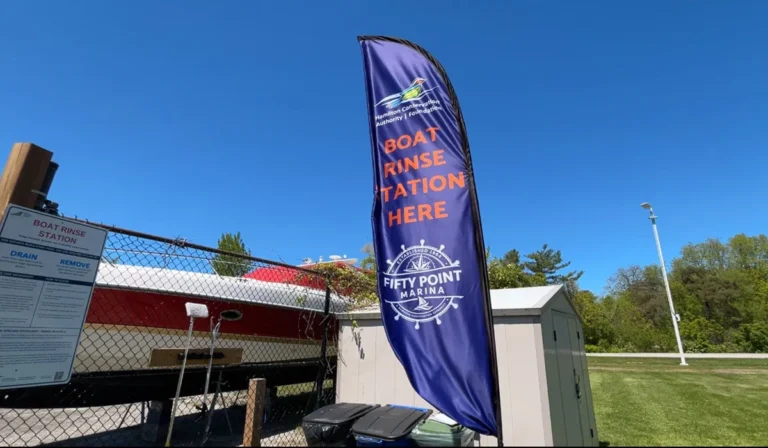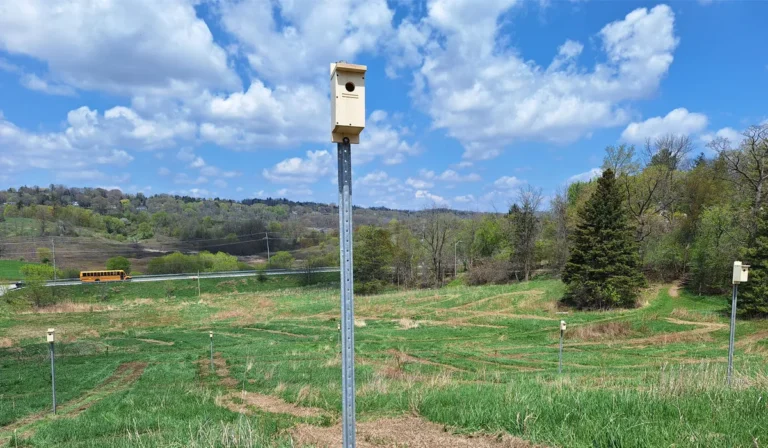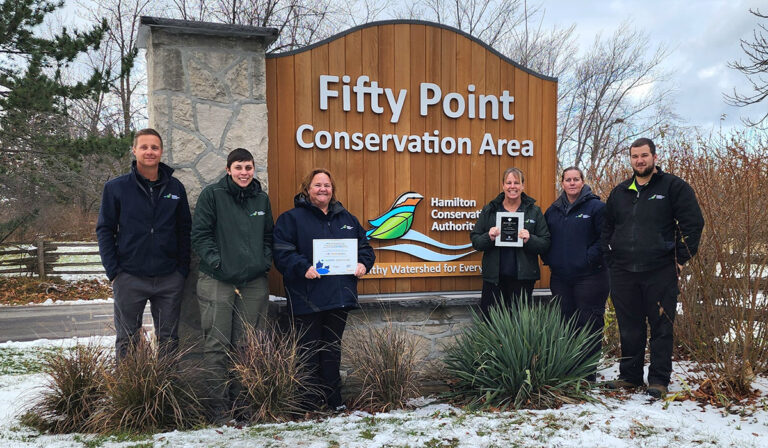World Wetlands Day is held every year on February 2 to raise awareness, and recognize the important role wetlands play. Since the 18th century, nearly 90% of the worlds wetlands have been degraded; three times faster than forests. So what is a wetland and why are they important? Learn more here!
What is a wetland?
A basic definition of a wetland is any land that holds water for a period of time. Wetlands can be temporary (e.g. vernal pools in forests which dry up in the summer) or permanent (e.g. coastal marsh). Wetlands have poor draining soils that allows water to sit at the surface and can provide habitat for both aquatic and terrestrial species.
Does HCA have any wetlands?
The HCA has many examples of wetlands within the watershed (both naturally occurring and constructed): The Beverly Swamp, restored trout ponds at Christie Lake Conservation Area, vernal pools in the Dundas Valley, the constructed wetland ponds at Saltfleet Conservation Area, and the Vinemount Swamp to name a few. The Fifty Point pond wetland being created this year will be HCA’s newest wetland project.
Why are wetlands important?
Wetlands are important for many reasons:
- Providing habitat for wildlife and plants
- Many species of aquatic and terrestrial organisms rely on wetlands to provide them habitat and sources of food. Some species are specially adapted to living in wetland habitats; this local abundance of species increases biodiversity and ecosystem productivity.
- Carbon sequestration
- Wetlands are effective at capturing and storing carbon. This means wetlands are helpful at reducing the levels of atmospheric Carbon Dioxide (CO₂). Most excess CO₂ is caused from human activities like burning fossil fuels.
- Improved water quality
- Wetlands act like biological filters by filtering sediment, absorbing pollutants and can act as a means to replenish groundwater supply.
- Flood control
- Wetlands act as buffers to prevent or reduce damage caused by storms and flooding. Wetlands absorb the energy from storm water and slowly release it downstream in a more controlled manner. This prevents flash floods from destroying homes and infrastructure.
- Erosion control
- Vegetation supported by wetlands acts to stabilize the soil and prevent erosion and sedimentation downstream. Wetlands prevent yards and foundations from being washed away over time.
- Recreational opportunities
- Wetlands provide places for people to enjoy activities like birding, hiking, fishing, hunting and boating.
Sources










